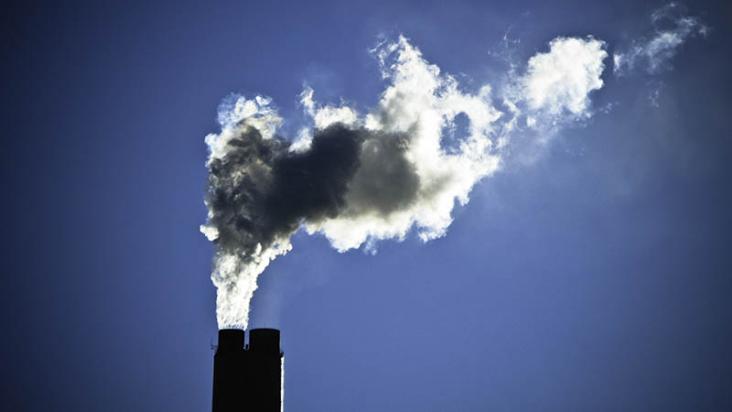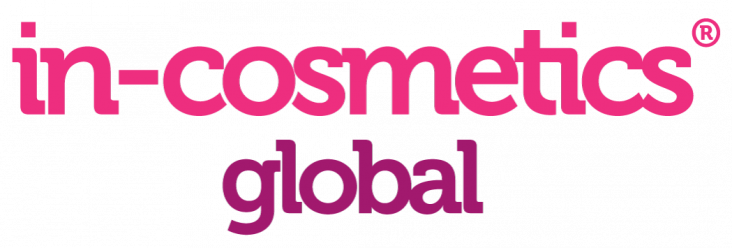
The UK Climate Change Agreements (CCA) aim to save energy and carbon emissions by way of energy efficiency targets in industrial sectors, while simultaneously reducing energy costs for participating organisations with large discounts on Climate Change Levies (CCL). This article is related to SDG 7, Affordable and Clean Energy; SDG 13, Climate Action; and SDG 9, Industry, Innovation and Infrastructure; as it demonstrates the ways in which governments can not only improve energy efficiency but also benefit industrial sectors.

Cathy Laporte, portfolio director for the in-cosmetics Group, part of RX, discusses the growing momentum towards a more conscious beauty industry, and in-cosmetics’ role in driving sustainable innovation and growth.
UK mechanisms touching on sustainable development are generally based on, and have as their over-arching objective, some variation of the so-called “Brundtland definition”. These mechanisms also widely reference the three interconnected ‘pillars’ of sustainable development, also known as the ‘triple bottom line’ of sustainable development. The UK approach has a bearing on all SDGs and in particular, SDGs 9, 10 and 13.
Heightened emphasis on transparency and accountability through corporate governance and disclosure has renewed the focus on the ‘triple bottom line’—environmental, social and economic impacts. Environmental, social and corporate governance (ESG) reporting generally measures the sustainability and ethical performance of a company. There is increasing interest in the ESG performance of companies by various stakeholders. A range of mechanisms exist to shape CSR and foment voluntary reporting by companies on their ESG performance. Adhering to one such framework heightens credibility, and a proactive approach to sustainability presents opportunities while ensuring a company’s preparedness to embrace evolving legal requirements.
The Consolidated Versions of the Treaty on European Union and the Treaty on the Functioning of the Eu-ropean Union (the EU Treaties) set out the constitutional framework for the EU. The Treaties do not attempt to define sustainable development or impose an EU-wide adoption of a common definition. This practice note sets out the approach to sustainable development at the EU institutional level. This has an impact on all SDGs but in particular, SDGs 9, 10 and 13.
Held in partnership with the University of Johannesburg, this Elsevier webinar discusses the SDGs and how researchers can incorporate them into their work.
Held in partnership with the University of São Paulo, this Elsevier webinar discusses the SDGs and how researchers can incorporate them into their work.
The aim of the March Kennesaw State University College of Computing and Software Engineering Hackathon event, was to demonstrate to students how big data analytics may be used for social good to solve problems in society that make a real difference in people's lives. HPCC Systems provided students with the opportunity to learn more about The ADAM Program and take a look at missing children trends.
Elsevier’s new video series features short interviews with research leaders on topical issues for universities. In these episodes, speakers discuss how universities are accelerating progress towards the UN SDGs.
Contributing to SDGs 9, 12 and 13, this paper provides an in-depth analysis of the technologies available to reduce CO2 emissions in those sectors, and the implications for introducing consistent measures to deliver on emission reduction targets.
